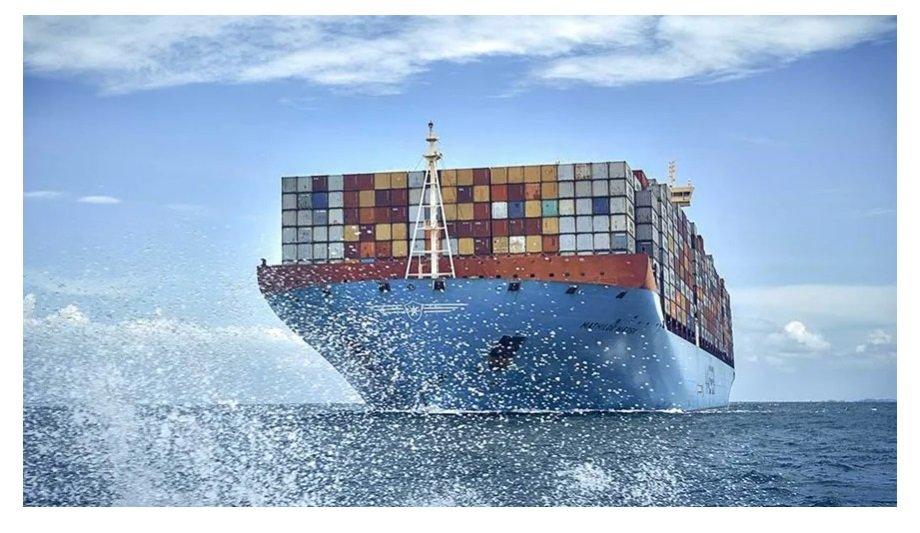A.P. Moller – Maersk (Maersk) announces that it releases all historical and future ocean weather observations into the public domain for free use by the scientific community around the globe. The data which has been collected by Maersk vessels since 2012 increases publicly available ocean weather data by 28 percent.
Sharing the data
The goal is to aid climate research and weather forecasts by providing weather data from the world’s oceans, where ground-level data coverage is slim, and most data comes from satellite observations which have their limitations.
"Maersk crews and vessels have collected weather observations for years, and we are proud that we now can share these data and help researchers in gaining a better understanding of the impact climate change has on our surroundings," said Aslak Ross, Head of Marine Standards at Maersk.
Impact of climate change
Observations can give a more precise picture of how surface-level ocean conditions have evolved
Among other things, the observations can give a more precise picture of how surface-level ocean conditions and the interaction with the atmosphere have evolved since 2012.
“Climate change is, without doubt, one of the biggest challenges the global community is facing, and we have set an ambitious strategy for our business to achieve net-zero greenhouse gas emissions in 2040, but we have also as a part of our ESG strategy committed ourselves to contribute to climate and ocean science with data gathered from our vessels. An opportunity being our digitised weather observations,” said Aslak Ross, Head of Marine Standards at Maersk.
9 million observations
The data – more than 9 million observations – will be shared via the Global Ocean Observing System (GOOS), run jointly by UNESCO and the World Meteorological Organisation (WMO). GOOS collects ocean weather observations for climate science and provides input to weather forecasts.
“As a member of the scientific community, I am thrilled that we get access to this unique data set. The data will help to better constrain past ocean surface conditions but also help to improve future predictions - from weather to climate,” Dr. Johannes Karstensen of GEOMAR, Helmholtz Centre for Ocean Research in Kiel, Germany.
Improve contribution to weather forecasting
With all 300 Maersk-owned vessels sharing data multiple times a day, Maersk shares more than 7,000 observations every day. Some vessels are even live feeding data to weather services around the globe.
In collaboration with the National Meteorological Service of Germany, Maersk has installed Automated Weather Stations on several of its vessels. These are calibrated research-grade measurement stations which collect a greater variety of data points at a higher quality, even further improving the contribution to weather forecasting and climate science.











